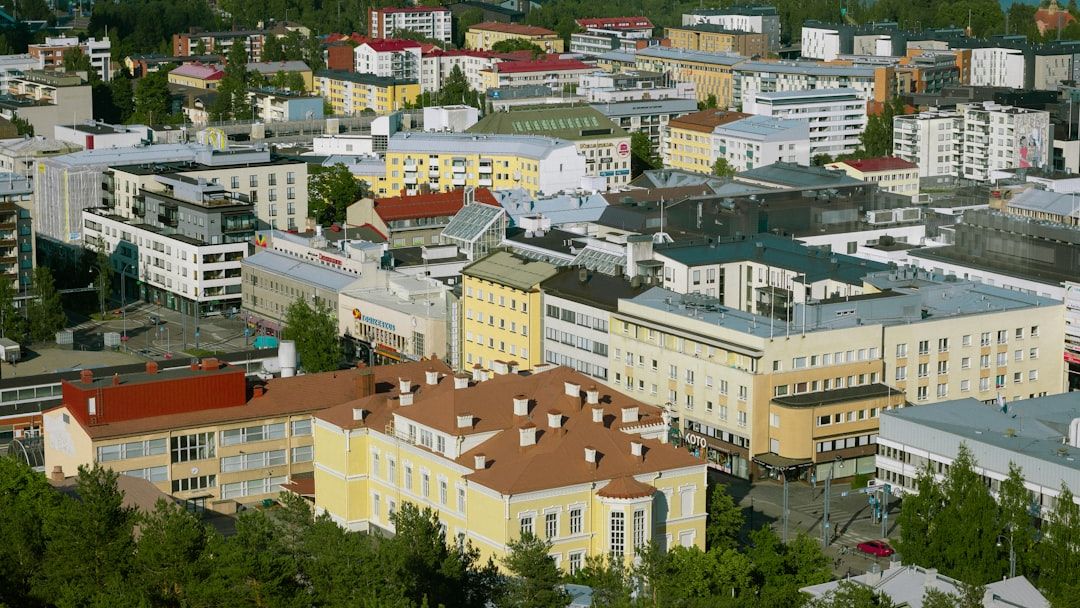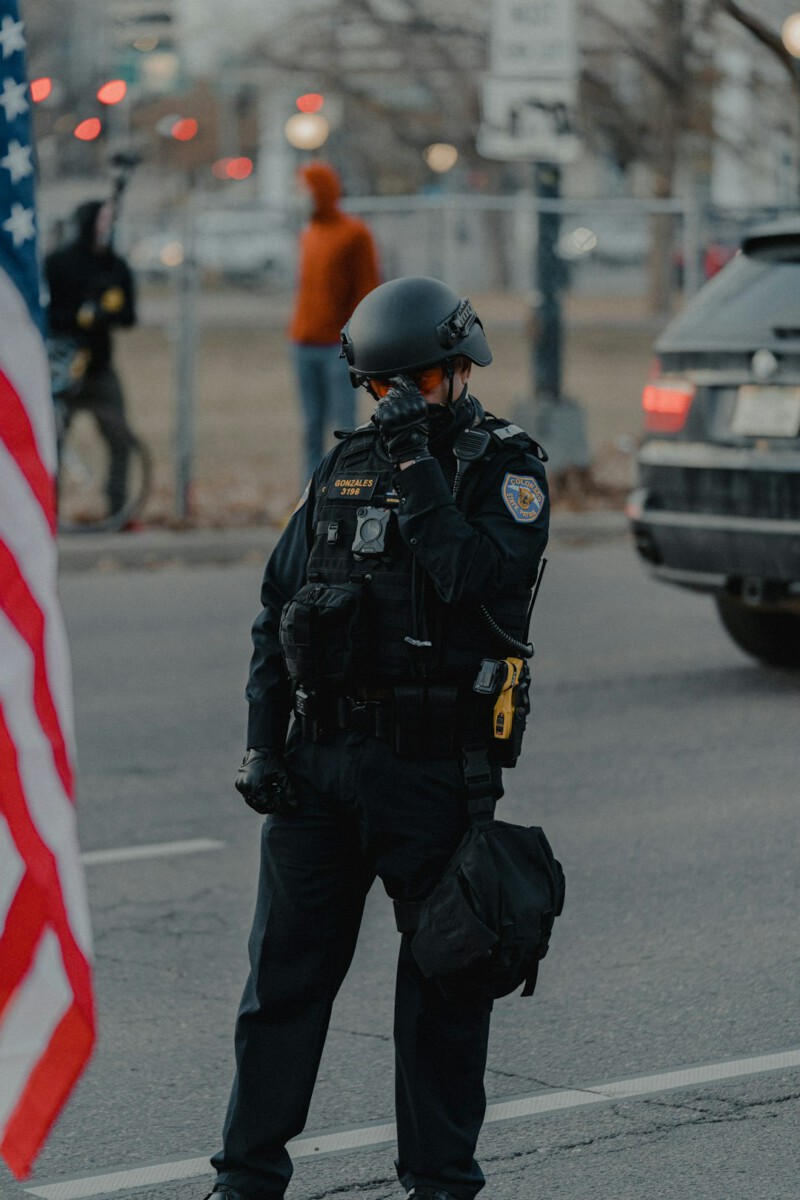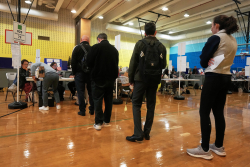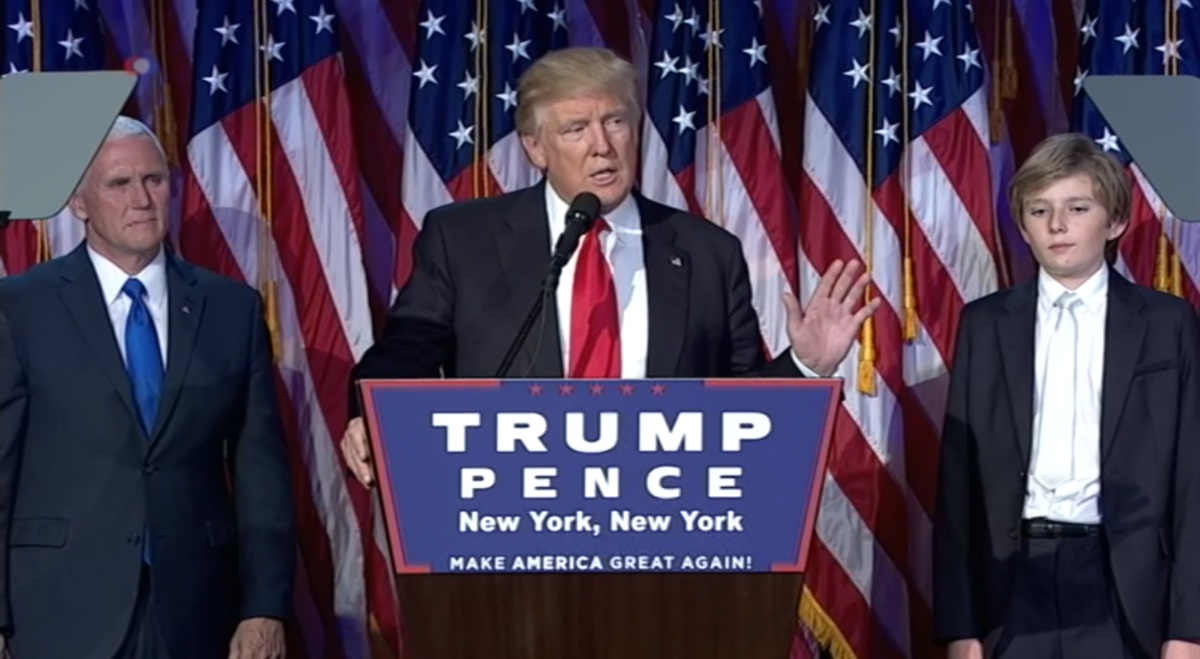The President’s Pitch for Protection (Image Credits: Unsplash)
Amid the tense hum of urban nights, where sirens echo through neighborhoods still reeling from recent storms, a heated debate is unfolding over how best to protect communities.
The President’s Pitch for Protection
President Trump has been vocal lately, insisting that sending in federal agents and National Guard troops to cities like Chicago and Memphis is the key to turning the tide on crime. He paints a picture of safer streets, quicker responses to threats, and a stronger grip on lawlessness that’s been plaguing these areas. It’s a move he ties to broader efforts, including post-hurricane recovery, where he argues extra manpower could prevent chaos from spilling over.
Supporters cheer this as decisive action, especially after devastating weather events left cities vulnerable. Yet, the rollout has stirred up more questions than calm. Local voices are rising, challenging whether this federal muscle is helping or hindering.
In essence, Trump’s strategy aims to project strength, but it’s landing differently on the ground.
Local Leaders Sound the Alarm
Here’s the surprising twist: mayors and police chiefs in these very cities are pushing back hard. They claim the influx of out-of-town agents is muddying the waters, creating confusion in ongoing investigations and straining already thin resources. One Chicago official noted how federal teams sometimes scoop up leads without looping in locals, leading to dropped cases and frustrated communities.
This isn’t just about turf wars. In hurricane-hit regions, where rebuilding is priority one, extra federal presence is seen as a distraction. Memphis leaders worry it’s pulling focus from recovery efforts, like clearing debris and supporting displaced families, to instead chase minor infractions that locals could handle better.
The disconnect feels stark. While Trump touts results, these officials see a recipe for more problems down the line.
Crime Rates Under the Microscope
Let’s break it down with some real talk on the numbers. Federal deployments were meant to spike arrests and deter trouble, but early reports suggest mixed outcomes at best. In Chicago, violent crime dipped slightly in targeted zones, yet overall prosecutions have lagged due to coordination snags.
Memphis tells a similar story. Post-hurricane, when folks were already on edge from flooded homes and power outages, the troop surge led to reports of over-policing in minority areas. Residents say it feels more like occupation than aid, eroding trust that’s crucial for real safety.
- Arrests up in some patrols, but convictions down due to evidence mishandling.
- Community complaints about aggressive stops rising by 20% in deployment zones.
- Hurricane recovery delayed as local cops spend time guiding federal units.
- Budget strains from overlapping operations hitting city coffers hard.
- Calls for de-escalation growing among neighborhood watch groups.
Hurricane Aftermath Adds Fuel to the Fire
Storms like the recent ones have amplified the tensions. In areas battered by high winds and floods, federal help is welcome for logistics, but when it veers into street-level enforcement, locals bristle. Officials in Florida and North Carolina, still mopping up from earlier disasters, echo the sentiment: extra troops might sound good on paper, but they complicate evacuations and aid distribution.
Take the Yale Climate Connections’ insights on how reduced federal forecasting support already makes evacuations trickier. Layer on military deployments, and you’ve got a scenario where local emergency managers feel sidelined. It’s like trying to orchestrate a symphony with outsiders calling half the shots.
This overlap is breeding resentment, with some leaders fearing it sets a precedent for overreach in future crises.
Broader Implications for Federal-Local Ties
Zoom out, and this clash reveals deeper rifts in how America handles urban safety and disaster response. Trump’s administration has pushed cuts to agencies like FEMA, arguing states should shoulder more. But when federal forces show up uninvited in city ops, it undermines that very push for local control.
Experts warn this could chill cooperation long-term. If cities start viewing feds as interlopers rather than partners, response times to everything from hurricanes to everyday crime could suffer. It’s a delicate balance, and right now, it’s tipping toward discord.
Still, a few pilot programs are testing hybrid models, blending federal tech with local know-how. Whether that catches on remains to be seen.
Voices from the Ground
Everyday folks aren’t staying silent either. In Chicago’s South Side, community organizers describe a chill in the air since the deployments ramped up. Parents worry about kids getting caught in random checks, and small business owners gripe about foot traffic dropping amid the heavy presence.
Similar stories bubble up in Memphis, where hurricane survivors say the focus should be on rebuilding, not ramped-up patrols. One resident put it plainly: “We need help fixing our roofs, not helicopters overhead.”
These anecdotes highlight the human cost, turning policy debates into lived realities.
Key Takeaways
- Federal deployments aim for quick wins on crime but often clash with local priorities.
- Hurricane recovery efforts suffer when coordination falters between levels of government.
- Building trust requires listening to city leaders over top-down mandates.
As this debate heats up, one thing stands clear: safety isn’t just about numbers on a report, it’s about harmony between those who live the streets and those who oversee from afar. True progress might mean rethinking how federal muscle flexes in our cities. What do you think – is this surge a smart move or a misstep? Share your thoughts in the comments.








